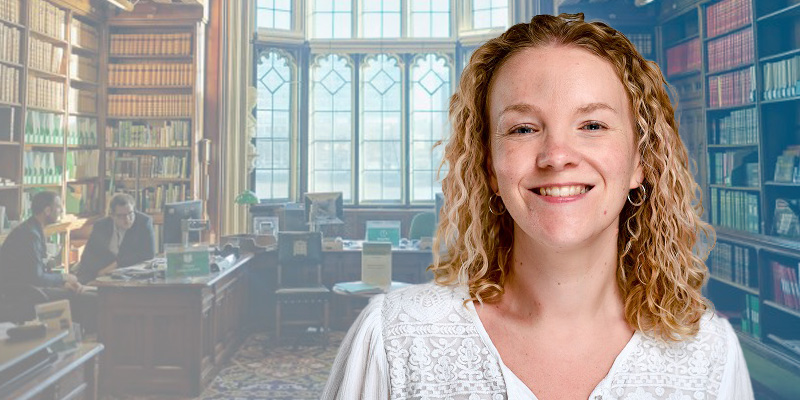
Caroline Ball, Academic Librarian at the University of Derby writes about why Librarians should be talking more about statistics
The House of Commons put out a guide to counter spin last week.
The report entitled “How to spot spin and inappropriate use of statistics” – showed how libraries and librarians play a vital role in contributing to the functioniong of our democratic system.
In the UK, we face challenges of false and manipulated information in the media and online that is exacerbated by the decline of public libraries and librarians, the rise of paywalled information, the increasingly anti-competitive
research and publishing ecosystems, and the cost of scholarly research.
As an academic librarian, a vital part of my work is to support students in developing critical and digital literacy, to be able to evaluate the information that they use to write their essays and do research.
Questioning the material they draw upon, Who wrote this? What are their credentials or authority? What kind of quality control process has it been through? Who published it? Is there evidence of bias or opinion? is the
foundational basis of digital literacy.
But in a practical sense these questions apply to adding to and commenting on research, rather than using information as a point of action, which is much more often reserved for statistics.
In the professional context, leaders and managers use figures and statistics to support points and make decisions, and they often accept them uncritically from a variety of sources, rather than questioning them
as rigorously as they would with text.
This applies to politics and the media spheres in a similar manner, but in a healthy democracy, decision-makers require not just access to numerical information, but the tools to interpret it.
Resources like ‘How to spot spin’ are the best approach to support this statistical literacy that raises the understanding of the applications of knowledge.
Just like quotes and text, facts and figures, in many cases are not fabricated but are still used to mislead.
This resource supports the wider public’s skillset and toolset to enable the recognition that information can deceive without being fake, and that it does not need to be invented from scratch to
be cherry-picked or framed in a misleading way on the side of a bus, for a recent example of such abuse.
Functioning democratic systems depend on information that informs, not manipulates, and librarians are in a unique position to enable citizens to participate in the civic process by improving
their statistical literacy, and raising awareness when politics fails democracy through misinformation.
In our work, we already advance truth, justice, knowledge equity and information literacy, but we can and must do better, as librarians and as citizens ourselves.
So why not get started and have a look at the document, use it in to your work or share
some of the learnings with your fellow-citizens.
Caroline is a Trustee at WikimediaUK, a campaigner for #ebooksSOS,
and independent expert for LACA. Her Linktree is here.
Join CILIP
Joining CILIP helps us support you support the industry. We raise the profile of libraries to the wider public, and our networks help you make new connections, learn new skills
to enhance your career, and gain opportunities to get more involved in your sector. Click find out more for all the CILIP member benefits.



